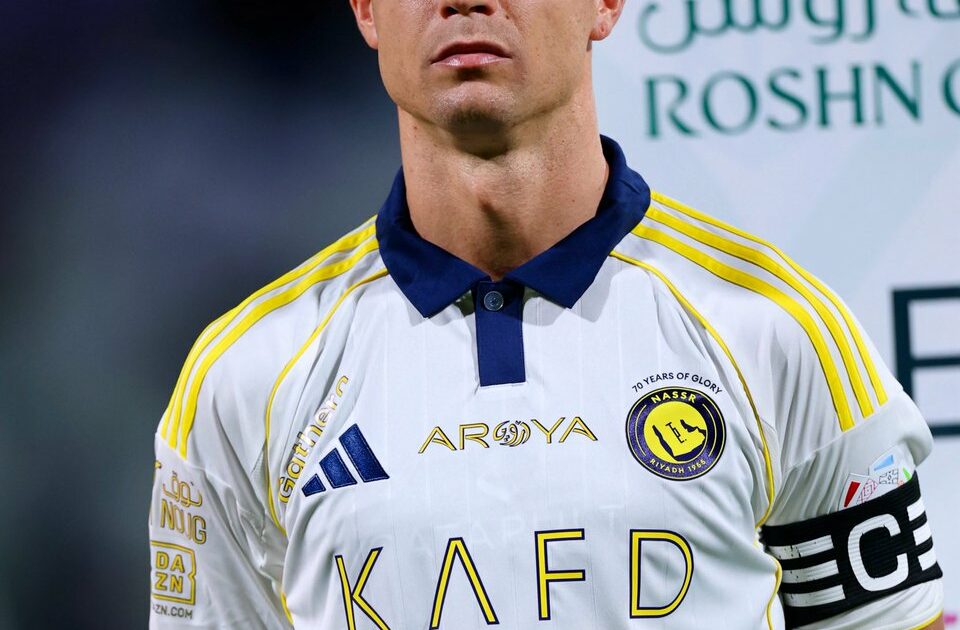The Ballon d’Or, football’s most prestigious individual award, has once again sparked debate about its criteria and deserving recipients. Five-time winner Cristiano Ronaldo weighed in on the discussion, asserting that the award should prioritize players who have contributed to team success, specifically referencing the Champions League. His comments, made ahead of the Nations League final between Portugal and Spain, highlighted the ongoing tension between recognizing individual brilliance and acknowledging the importance of collective achievement in football. Ronaldo’s perspective, shaped by his own illustrious career laden with both individual accolades and team trophies, emphasizes the symbiotic relationship between the two, suggesting that true individual greatness is best manifested within the context of a winning team.
Ronaldo’s statement reignited the perennial debate surrounding the Ballon d’Or’s selection process. While individual statistics, such as goals scored and assists provided, undoubtedly play a role, the relative weight given to team accomplishments remains a contentious issue. Ronaldo’s emphasis on the Champions League, arguably club football’s pinnacle competition, underscores the significance of performing at the highest level in the most demanding tournaments. His argument suggests that individual brilliance should be measured not in isolation, but rather by its impact on a team’s pursuit of major honors. This perspective aligns with the notion that football, at its core, is a team sport, and individual awards should reflect contributions to collective success.
The timing of Ronaldo’s comments coincided with emerging discussions about potential candidates for this year’s Ballon d’Or. The impressive performance of Ousmane Dembele in Paris Saint-Germain’s Champions League final victory fueled calls for his recognition. Similarly, Lamine Yamal’s dazzling display in Spain’s Nations League semi-final triumph against France generated buzz, with some even suggesting the teenager as a potential contender, which would make him the youngest ever recipient. These contrasting narratives – Dembele’s contribution to a major title and Yamal’s flashes of brilliance in a less decisive match – exemplify the very dilemma that Ronaldo’s comments highlight: how to balance individual brilliance with tangible team success in evaluating candidates for the Ballon d’Or.
The endorsements from prominent figures within the footballing world further complicated the discussion. France coach Didier Deschamps and captain Kylian Mbappe both publicly backed Dembele for the award, citing his consistent performance throughout the season. Their support underscores the influence of team dynamics and internal perspectives on shaping the narrative surrounding individual awards. While individual performances are evaluated, the opinions of teammates, coaches, and other influential figures often play a significant role in shaping public perception and influencing the eventual outcome. These endorsements highlight the complex interplay between individual talent, team context, and external perception in the Ballon d’Or conversation.
Ronaldo’s own impressive Ballon d’Or record, with five wins second only to Lionel Messi’s eight, adds weight to his perspective. His comments, however, can also be interpreted as a reflection on the evolving landscape of football awards. The era of Ronaldo and Messi’s dominance, during which they virtually monopolized the Ballon d’Or for a decade, has given way to a more open field of contenders. The emergence of players like Dembele and Yamal, alongside the reigning winner Rodri, signifies a shift in the dynamics of the award, potentially moving away from a purely individual focus towards a more holistic evaluation that considers both individual brilliance and team achievements.
In essence, the debate surrounding the Ballon d’Or and Cristiano Ronaldo’s comments reflect the ongoing tension between individual recognition and team success in football. While individual talent undoubtedly captivates fans and drives the sport’s popularity, the ultimate measure of greatness often hinges on the ability to translate individual brilliance into collective triumphs. Ronaldo’s emphasis on Champions League success as a criterion for the Ballon d’Or reinforces this perspective, highlighting the importance of contributing to a team’s pursuit of major honors. The evolving landscape of football, with its increasing emphasis on tactical systems and collective effort, further underscores the need for a balanced approach to evaluating individual awards, one that acknowledges both individual brilliance and contributions to team success.


